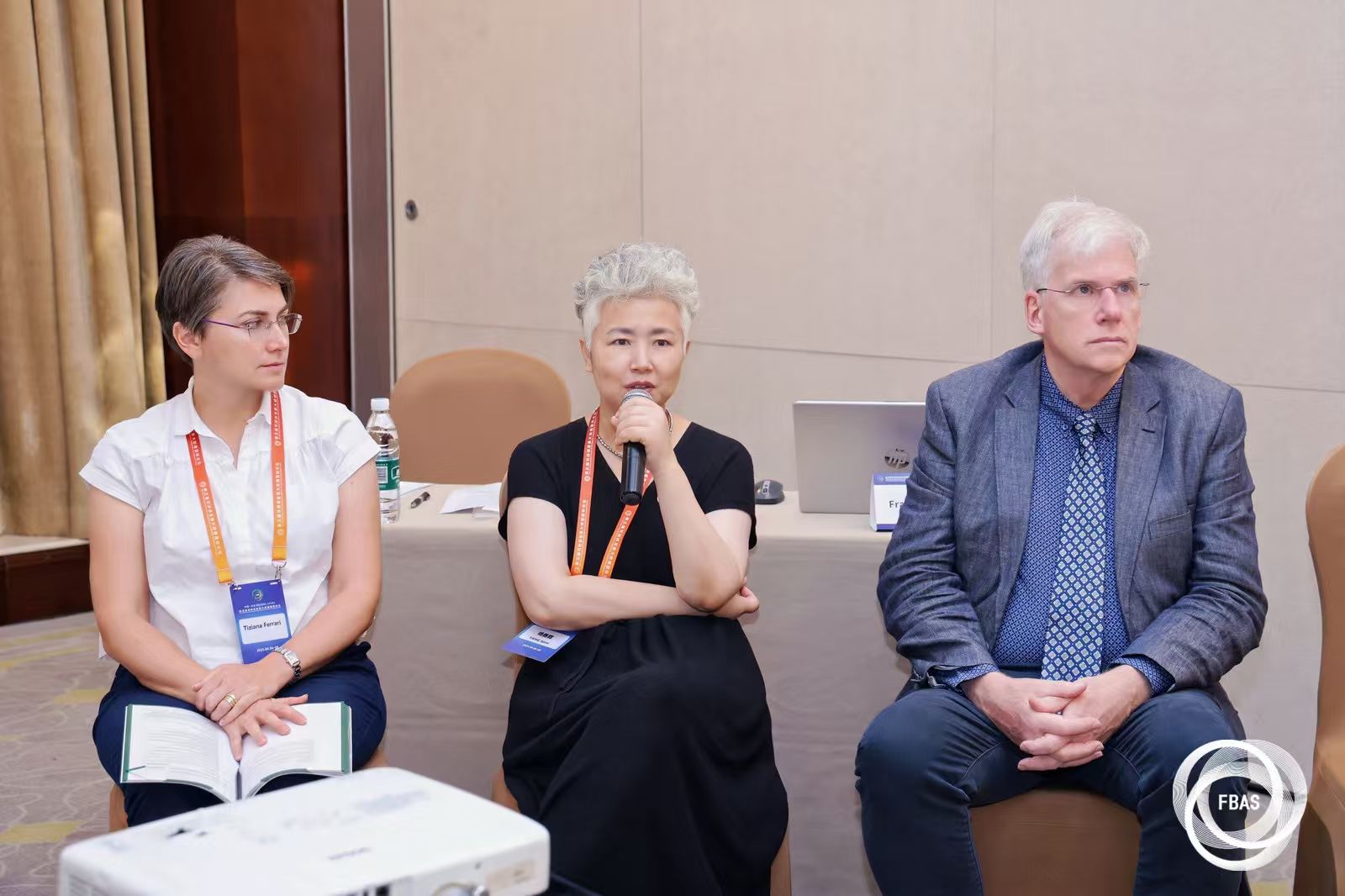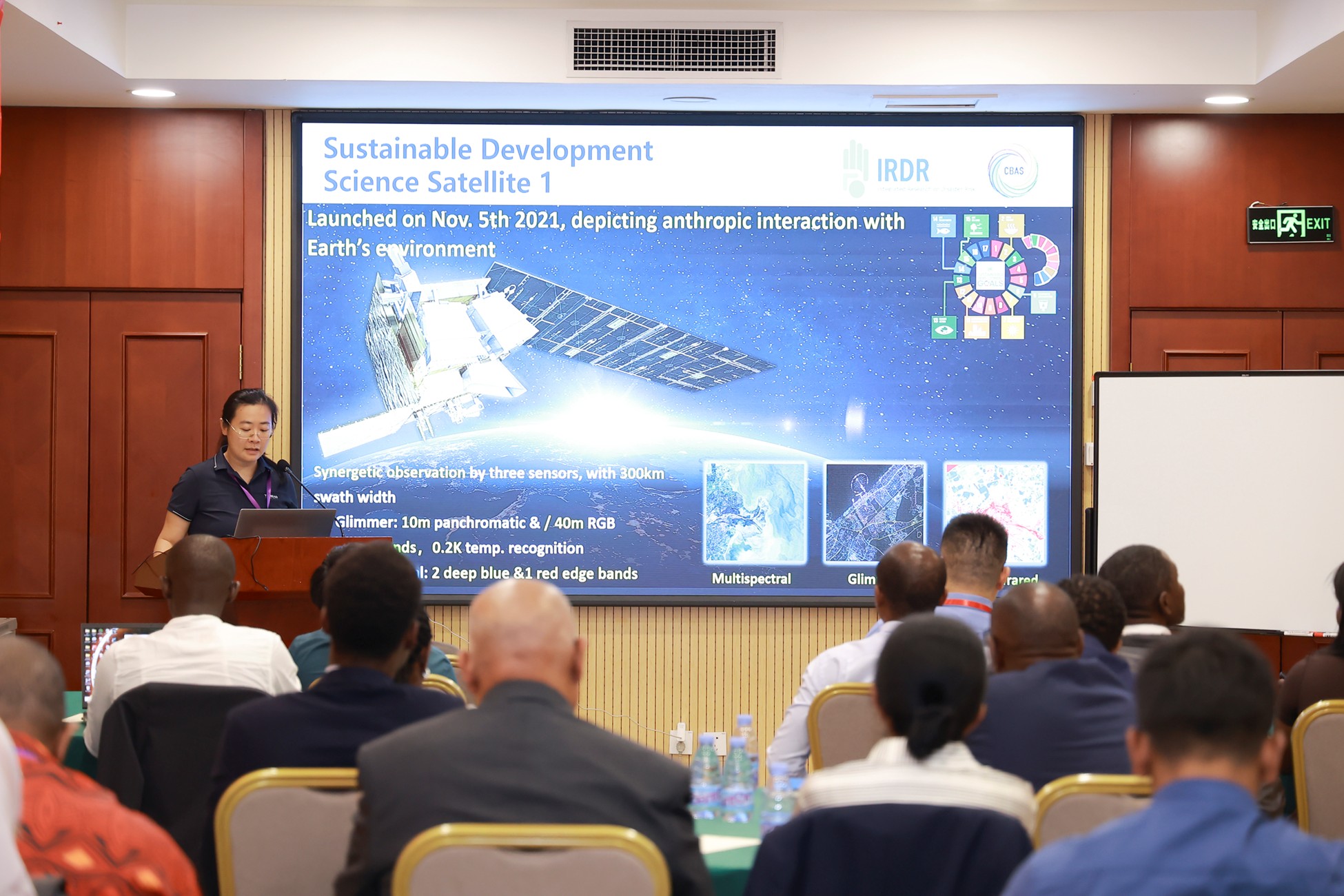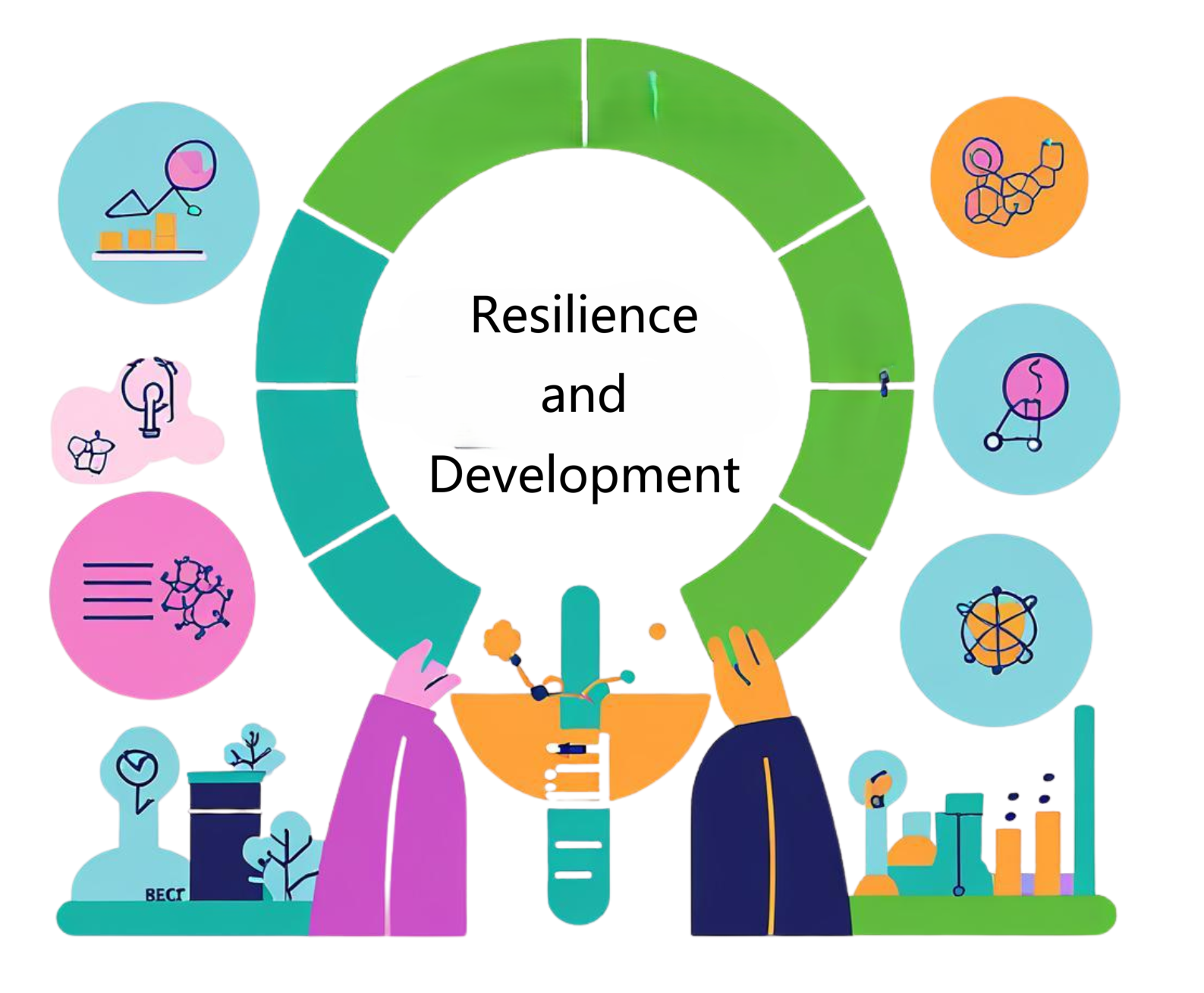The International Symposium on Open Science Clouds 2025 (ISOSC 2025) was held from 2–4 September 2025 at Nanjing University’s Suzhou Campus. The event brought together leading experts, institutions, and policymakers to explore the future of Open Science Clouds (OSCs) in the era of artificial intelligence (AI).
IRDR Executive Director, Prof. Saini Yang attended the Session 2 “Transforming Open Science Clouds in the AI Era” and delivered a presentation that underscored IRDR’s mission to harness science, technology, and data-driven approaches to build resilience. The presentation highlighted IRDR’s pioneering work in applying AI to address systemic risks characterized by cascading effects and instability across interconnected systems. Examples included the use of real-time social media analysis for rapid assessment of typhoon and earthquake impacts, as well as machine learning techniques for agricultural loss estimation. Prof. Yang emphasized that these practical applications demonstrate the power of AI and open data infrastructure to enhance disaster preparedness and response. Importantly, IRDR also called for transformative governance frameworks to ensure open science clouds operate with inclusivity, ethics, and equity at their core. Concluding her remarks, Prof. Yang introduced a guiding principle for global resilience efforts: “leave no one behind,” grounded in values of ethics, morals, and attitudes that align with the broader SDG agenda.
IRDR Fellow Prof. Virginia Murray participated in the Session 1 "Trends of worldwide open science and SDGs" and presented the recent launched Hazard Information Profiles (HIPs 2025) and the UNESCO-CODATA data policies in time of crisis.
IRDR has established a long-term partnership with GOSC and co-launch an IRDR Pilot Study on Open Science and Technology Cloud for Disaster Risk Reduction. Through its active participation in ISOSC 2025, IRDR reinforced its commitment to advancing disaster risk reduction in the AI era, addressing how open science and data-driven innovation can accelerate progress toward a safer, more sustainable, and inclusive future.





